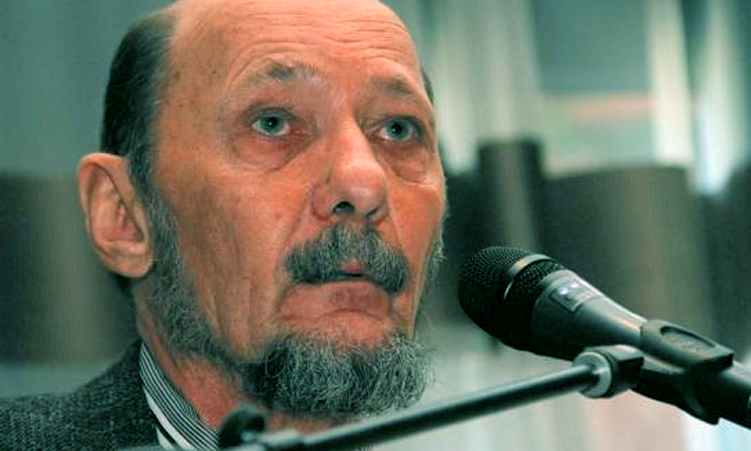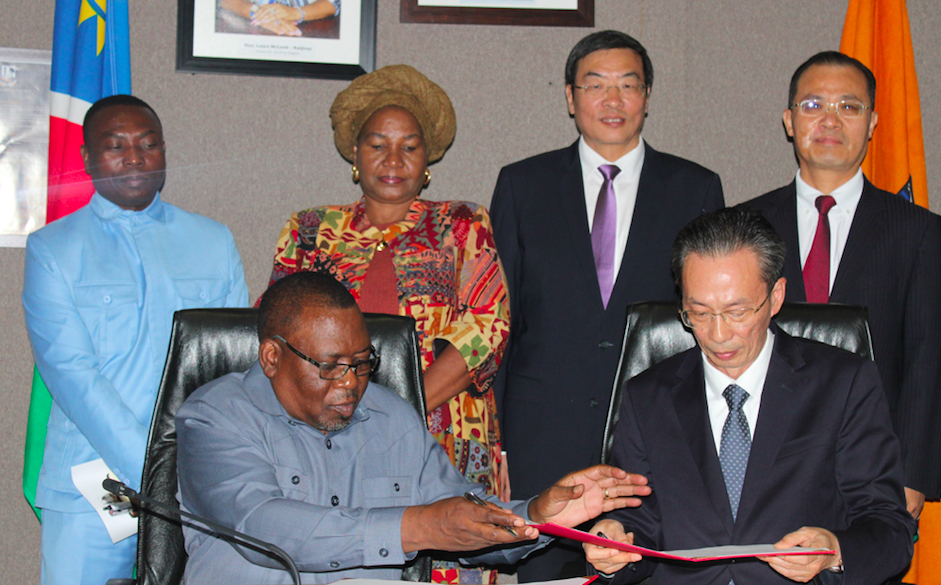Capitalist production proceeds through the investment of private capital for private and corporate extraction and appropriation of surplus value.
Often capital is a social instrument for the domination of humans.
Unless reined in, capital can be a form of servitude: It functions as an instrument that turns people into objects and spawns antagonistic class conflict.
ALTERNATIVE PATH
The question arises: Are there other development paths to the potentially corrosive force of unbridled capitalist-led development?
Could pre-capitalist and pre-technological modes of development, understood as social choice and autonomy, become the source of progress and gradual industrial development?
The answer is ‘yes’, provided there is a culturally and socially informed policy which instead of imposing technology from above and the outside on older forms of life and economic organisation, would gradually improve them on their own terms, minimising the exploitative and disruptive forces. There is indeed a need for a social revolution and agrarian reform based on the nexus between water, energy and food and local self-reliance, assisted by indigenous knowledge, as prerequisites for development.
Is it not possible to appropriate specific forms of technology within the framework of earlier forms of social organisation?
If this is the case, then conditions would prevail that potentially create the energy for local communities to harness their own knowledge and labour, chart their own progress and determine its rate and direction.
Self-reliance would proceed from this base.
It has to be admitted that under these rather demanding conditions and assumptions, there will be real limits to self-help and autonomy.
This is so because the Namibian state – in common with numerous other states – offers limited choice.
PREDATORY ELITES
Post-colonial Namibia has increased rather than reduced the need for predatory elites with insatiable appetites.
Seemingly, such socially necessary waste in the form of rent-seeking is part of the basic production cost – it provides for increased consumption and reduces the value of autonomy and freedom.
You are what you consume.
Consumerist ideology depoliticises opposition to the policies of the state and diminishes the prospect of meaningful transformation.
The spectre of oil and gas exploration, accompanied by the mega development of the future green hydrogen industry, may well provide fertile ground for trans-national capitalist elites working in cahoots with local politically connected notables, to bring about a contagious form of the ‘Dutch Disease’.
RISKS AND ETHICS
The current techno-nationalism, much in evidence under the watch of the incumbent president, increases the risk that considerations of local social welfare and environmental ethics perish on the altar of greed.
Ethically, the central problem with mega projects like oil and gas exploration and the envisaged green hydrogen project is that the acclaimed Just Energy Transition is nothing more than another trick to monetise solutions for climate change and plunge the country and future generations deeper into the quagmire of crippling debt.
Ideologically, it is driven by neo-liberal economics and privileges profit over local empowerment and global human solidarity needed to save vulnerable communities and regions from droughts, heatwaves, floods, food insecurity and the rise in sea levels.
Seemingly, the same profit-maximising logic that contributed to climate change is being harnessed for responding to it.
SUSTAINABLE COMMUNITIES
Sustainable communities are a sine qua non for sustainable development, not just in an environmental sense, but equally in terms of social equity, economic viability and cultural vitality.
There has to be some meaningful form of utilitarian thinking and action to support the ethical principle that the good of any one person is of no more importance than the good of another person; unless there are morally justifiable grounds for believing that more public benefit is likely to be realised in one case than the other.
The guiding principle is that of ‘imaginative empathy’, the ability to place oneself in the shoes and daily struggles of the other person, anchored in the idea of the unity of humans and nature.
To make the ethical life meaningful, it is vital to appreciate to the fullest extent possible its socio-moral significance and application in the domains of development, the environment, project design and governance more generally.
- Andre du Pisani is emeritus professor of politics at the University of Namibia (Unam)
Stay informed with The Namibian – your source for credible journalism. Get in-depth reporting and opinions for
only N$85 a month. Invest in journalism, invest in democracy –
Subscribe Now!






